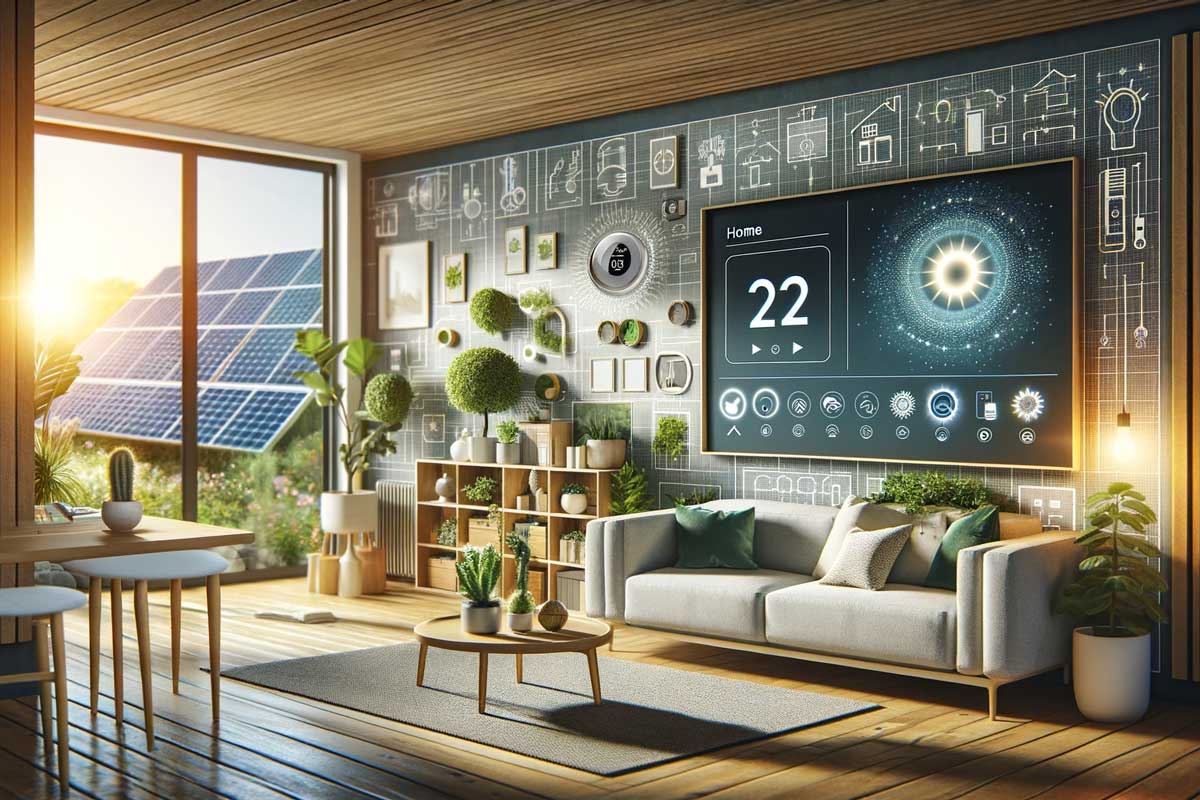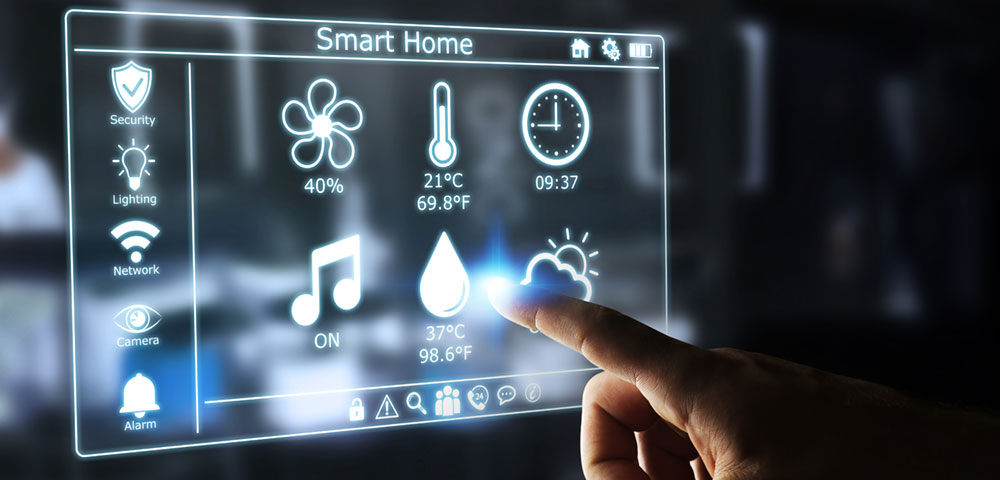
Trends in Renewable Energy Integration: What Lies Ahead?
Share
As the world increasingly shifts toward sustainable practices, the trends in renewable energy integration have emerged as a hot topic among both tech enthusiasts and professionals. Thanks to recent technological advances, the renewable energy landscape is evolving quickly, bringing forth new opportunities and challenges. In this article, we will delve into some of the most promising trends that are set to shape the future of renewable energy integration.
Integrating renewable energy sources into our existing infrastructures isn't merely a trend; it's a necessity. With pressing issues like climate change, energy insecurity, and escalating global energy demands, developing an efficient and sustainable energy framework is essential. The trends in renewable energy integration encompass more than just adopting new technologies; they involve a fundamental shift in how we perceive energy production, distribution, and consumption.

Smart Grids: The Future's Energy Backbone
One of the most pivotal trends in renewable energy integration is the evolution of smart grids. These technologically advanced grids allow for efficient management of electricity demand and supply utilizing sophisticated communication technologies. Smart grids can seamlessly incorporate various renewable energy sources, including solar, wind, and hydro, ensuring a stable and reliable energy supply. This integration not only optimizes energy consumption but also minimizes waste, thus enhancing overall efficiency.
Equipped with sensors and IoT devices, smart grids continuously monitor energy flow, allowing for real-time adjustments. This capability is vital for balancing the unpredictable nature of renewable energy sources. For more insights into how IoT can transform energy systems, check out this reduce electricity bills article.
Innovations in Energy Storage
Another key player in renewable energy integration is energy storage. The capacity to store energy for later use tackles one of the major challenges posed by renewable sources: their intermittency. Recent breakthroughs in battery technology, including lithium-ion and solid-state batteries, have made energy storage solutions more efficient and cost-effective.
In addition, emerging technologies like pumped hydro storage and compressed air energy storage are gaining momentum. These systems can store substantial amounts of energy and release it when necessary, providing consistent power irrespective of weather conditions. Interested in cutting-edge energy storage methods? Don't miss this green construction technologies article for more details.
The Rise of Decentralized Energy Systems
Decentralized energy systems are becoming a popular trend in renewable energy integration. These systems generate electricity closer to the point of consumption, cutting transmission losses and boosting efficiency. Microgrids and distributed energy resources (DERs) lead this trend, empowering communities to create their own electricity and decreasing reliance on centralized power plants.
Additionally, decentralized systems promote consumer empowerment by giving individuals more control over their energy sources and consumption. This transition toward a more localized energy model marks a crucial step in achieving a sustainable and resilient energy future. To learn how these systems are reshaping homes, explore these eco-friendly systems.
Artificial Intelligence and Machine Learning's Role
Artificial Intelligence (AI) and Machine Learning (ML) are playing an increasingly vital role in the integration of renewable energy. These cutting-edge technologies allow for more efficient energy management by predicting demand, optimizing supply, and flagging potential issues before they escalate.
For example, AI algorithms can assess weather patterns to project solar and wind energy production, helping grid operators make informed decisions regarding energy distribution. Furthermore, AI can automate energy trading processes, ensuring that surplus energy is sold back to the grid at optimal times. For additional insights on how AI influences energy systems, check out this sustainable devices article.

FAQ Section
What advantages do smart grids offer in renewable energy integration?
Smart grids improve the efficiency and reliability of energy systems by integrating various renewable sources and leveraging real-time data for enhanced demand-supply management.
How does energy storage affect renewable energy utilization?
Energy storage solutions lessen the intermittency of renewable sources, guaranteeing a reliable power supply even when renewable generation is lower than expected.
What is AI's contribution to renewable energy systems?
AI enhances energy management by predicting demand, facilitating automated supply adjustments, and enabling efficient energy trading, thereby boosting the overall efficiency of renewable energy systems.
